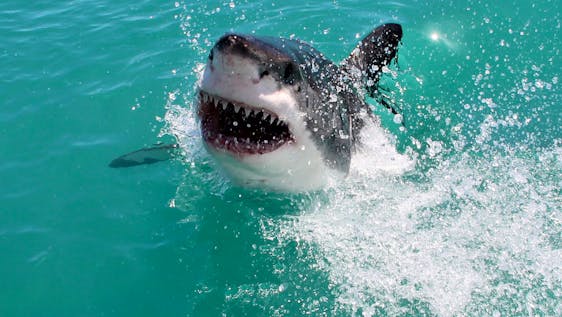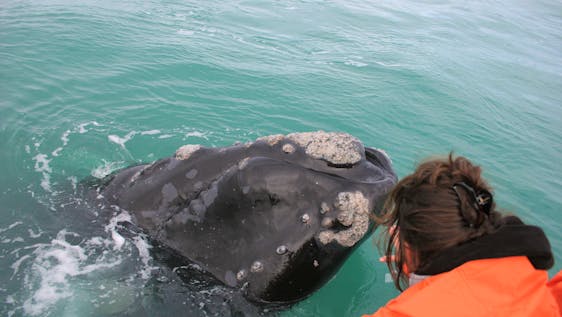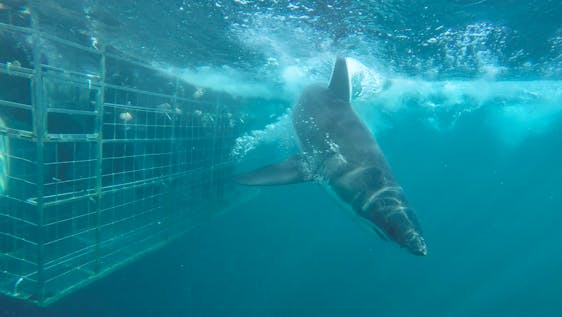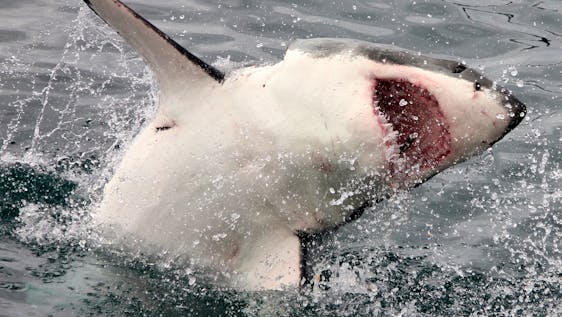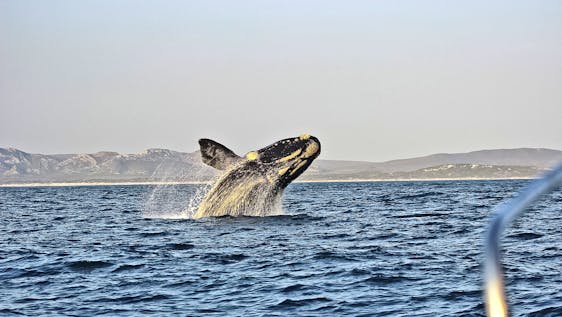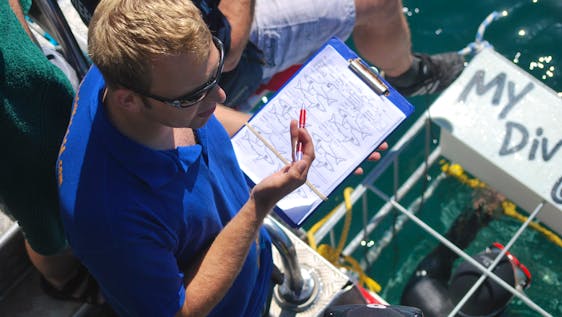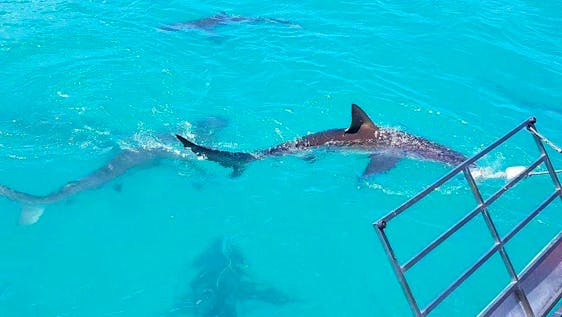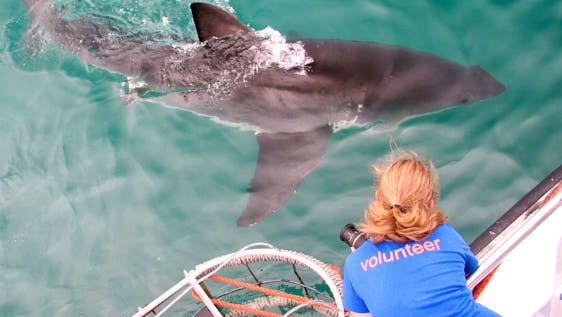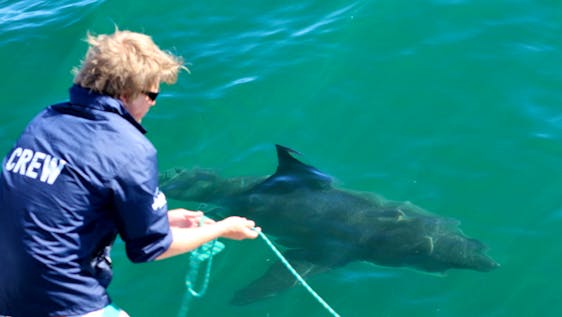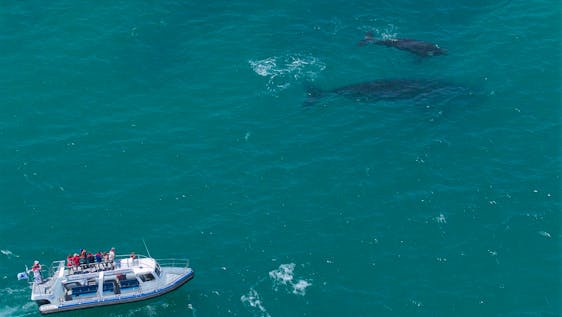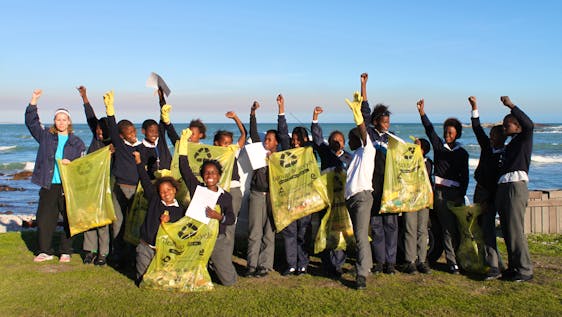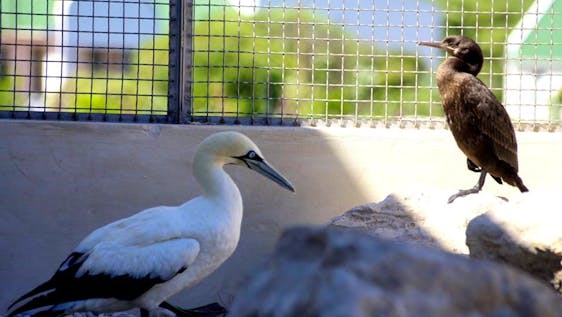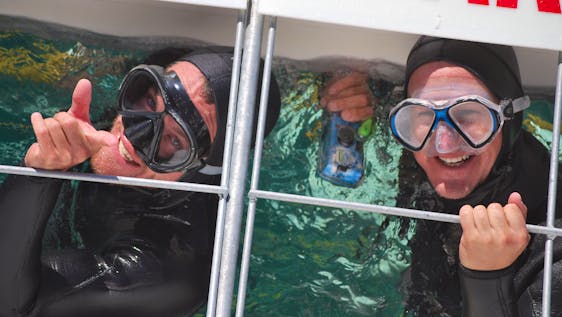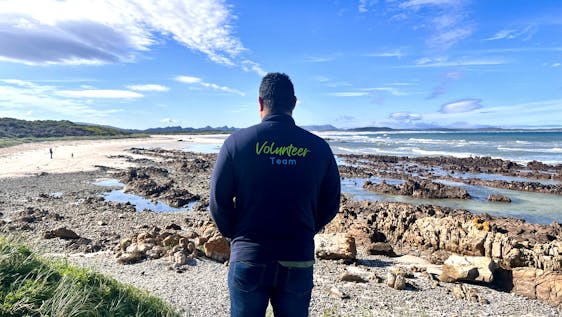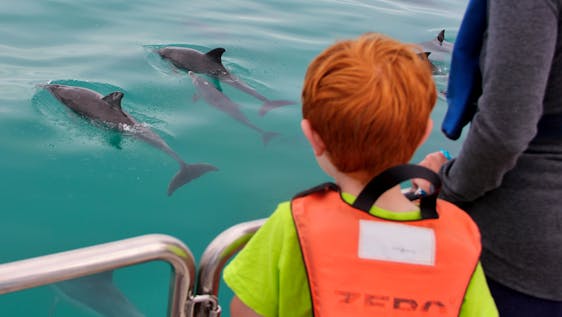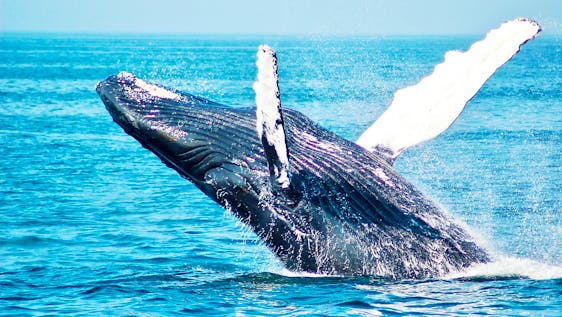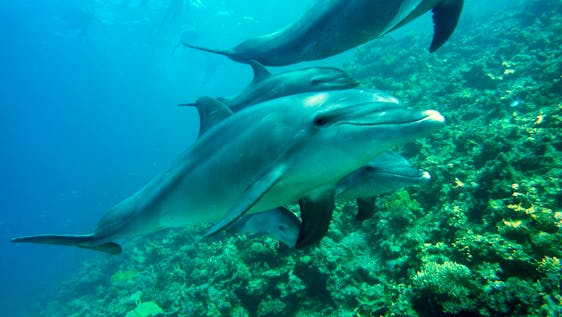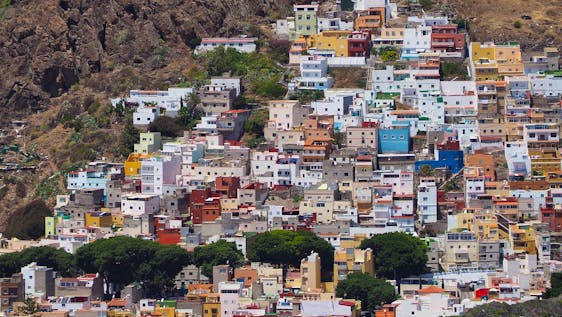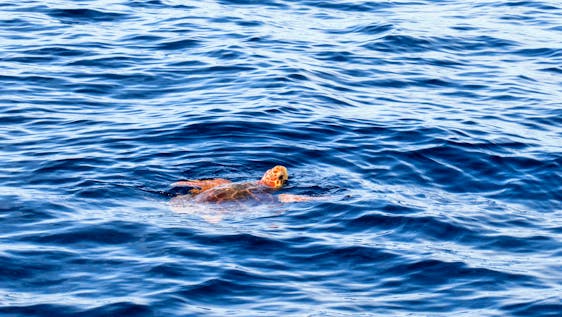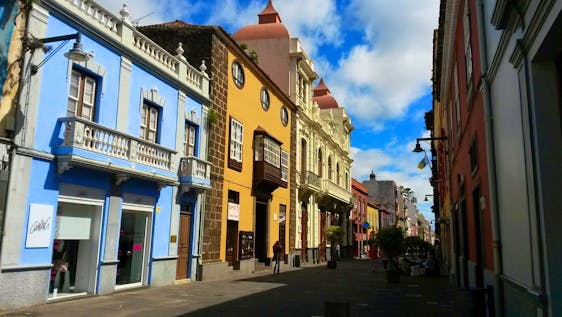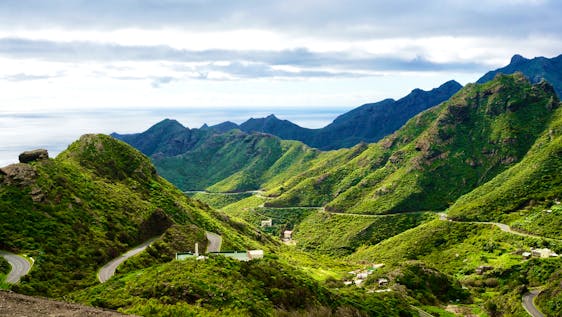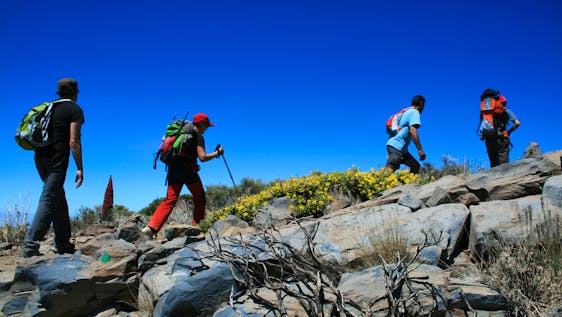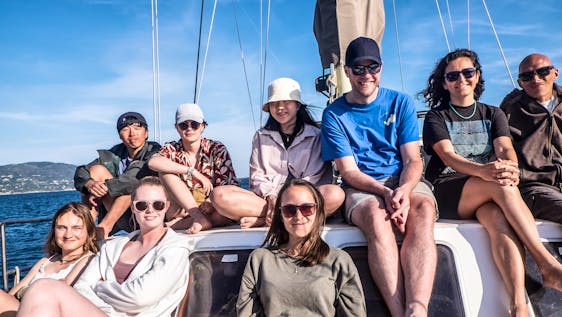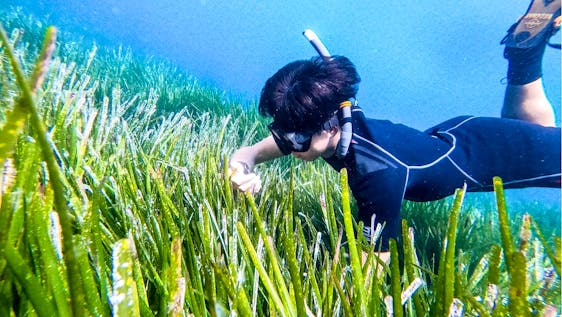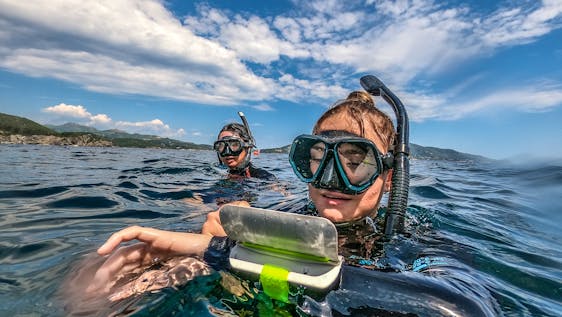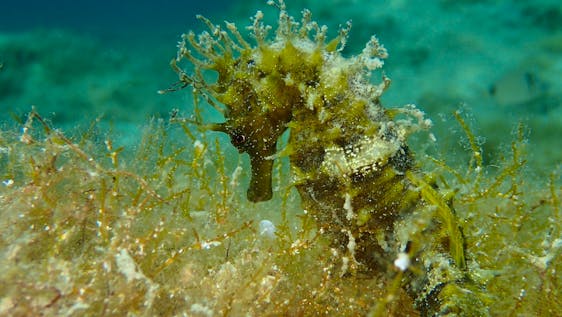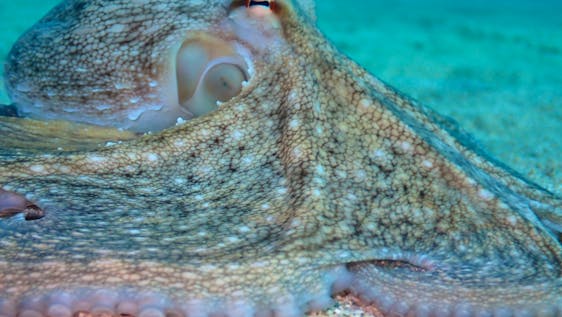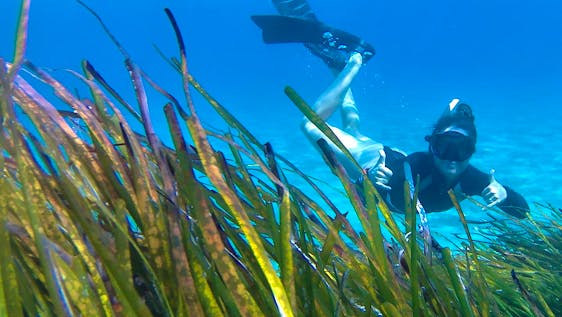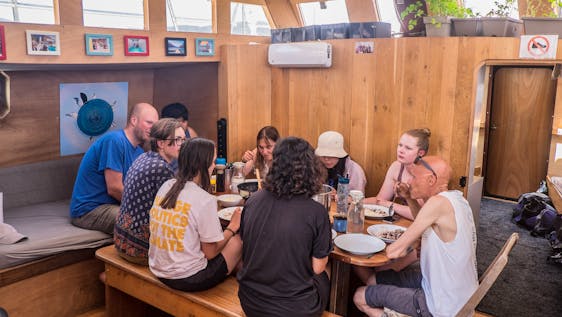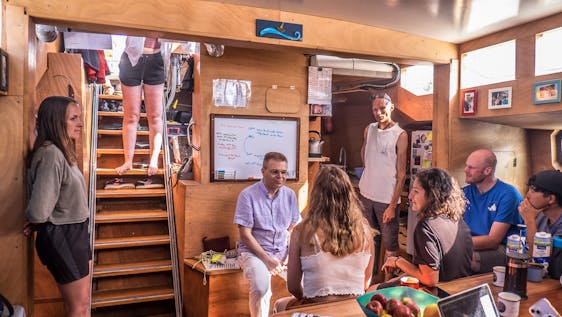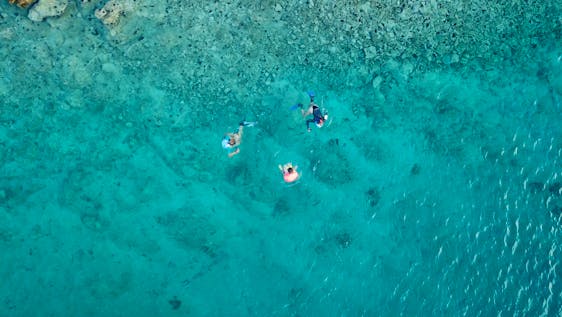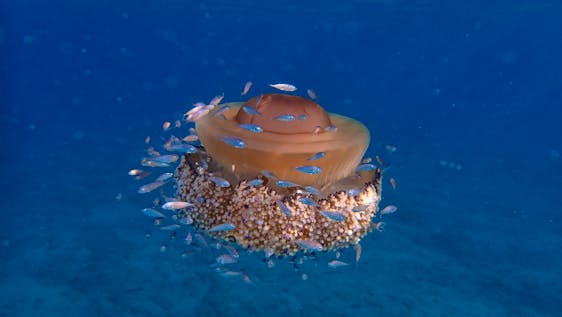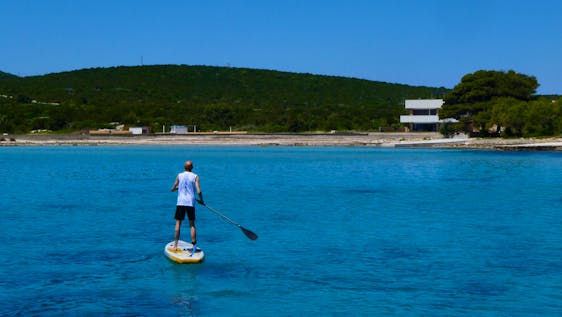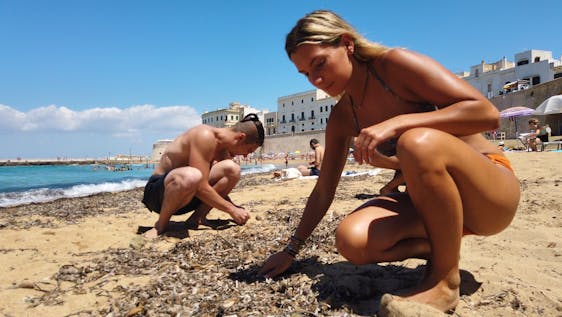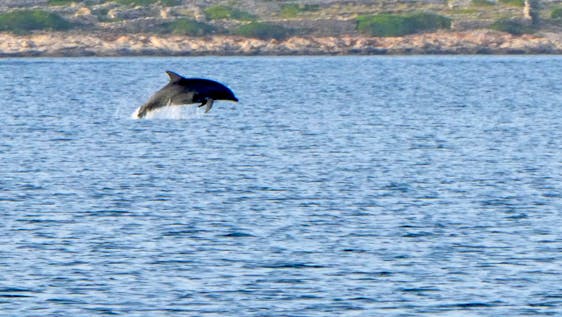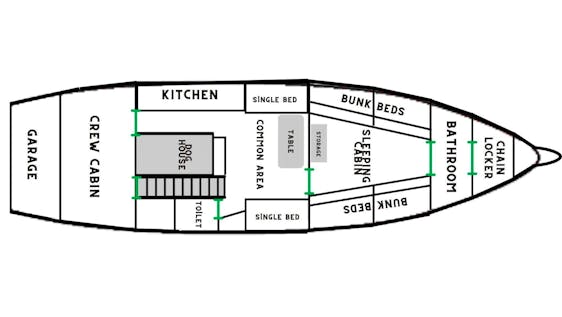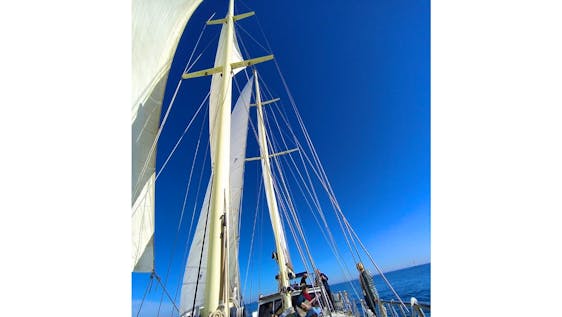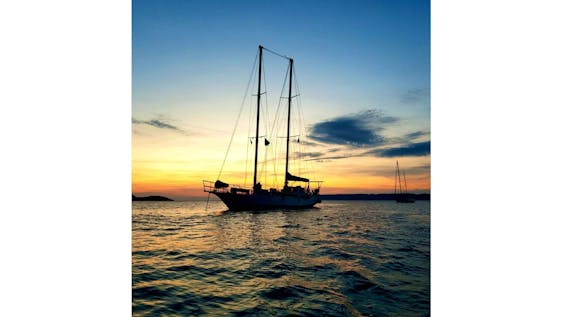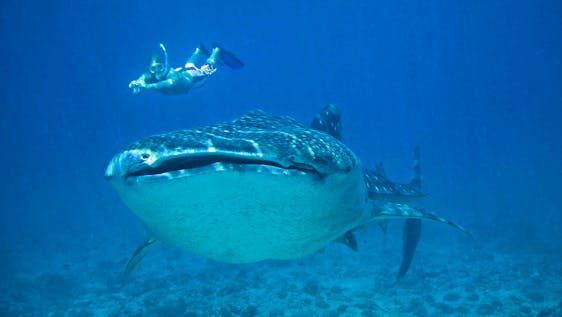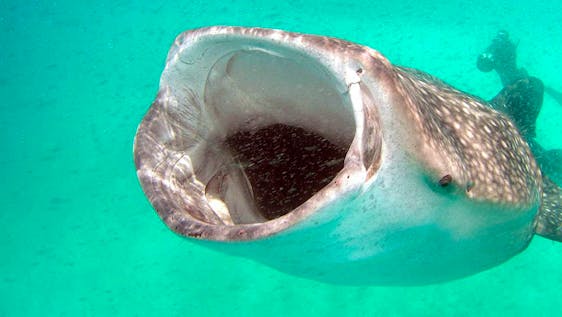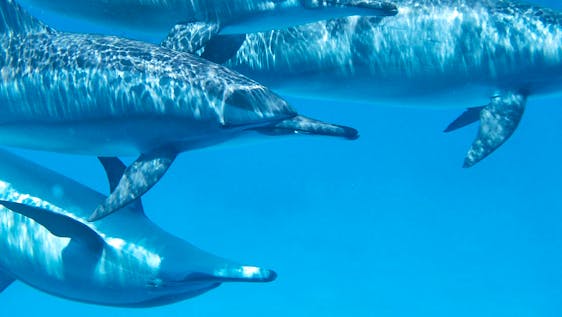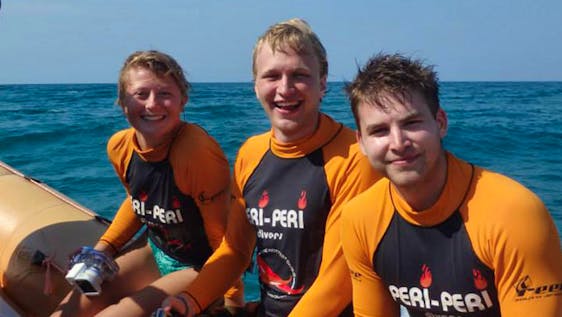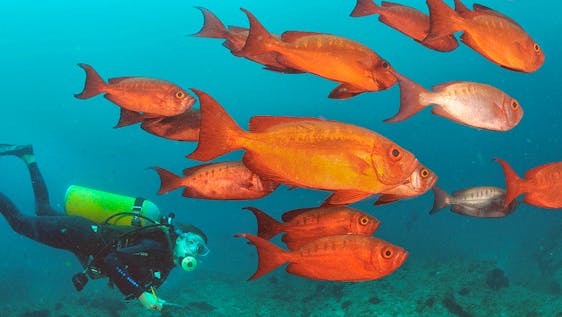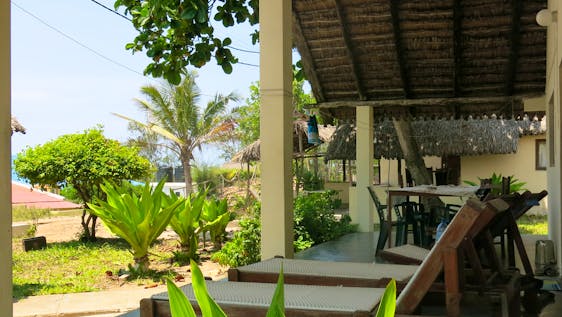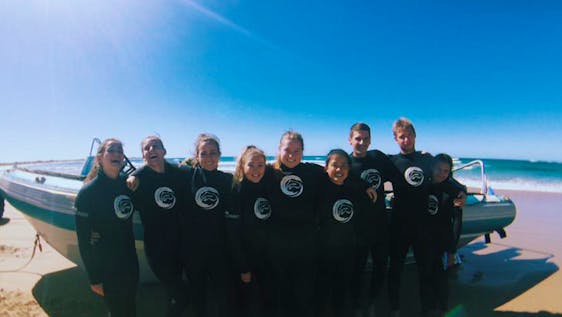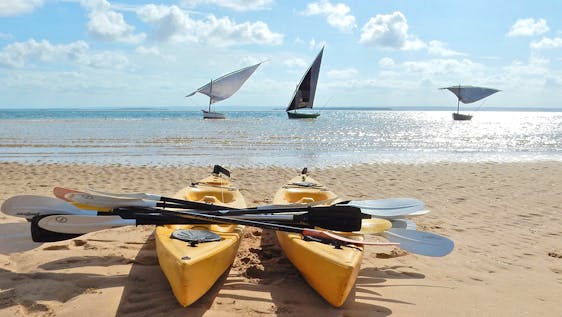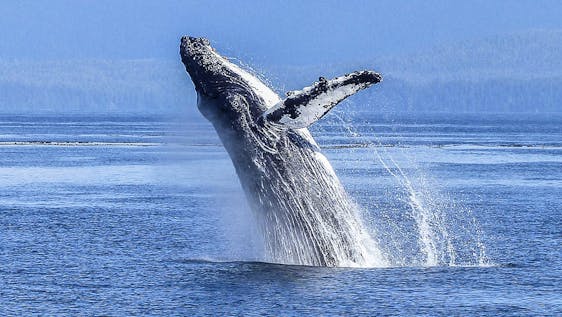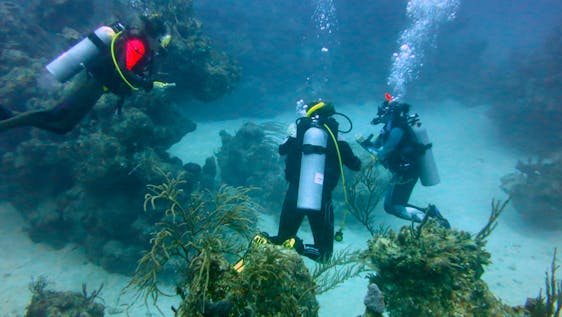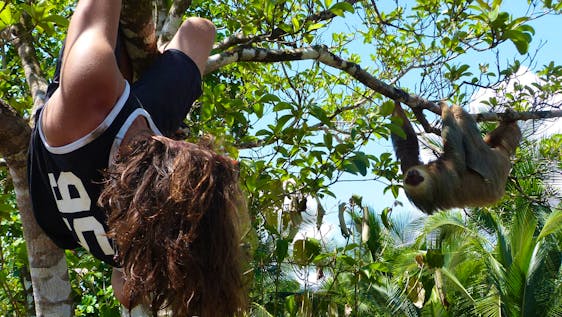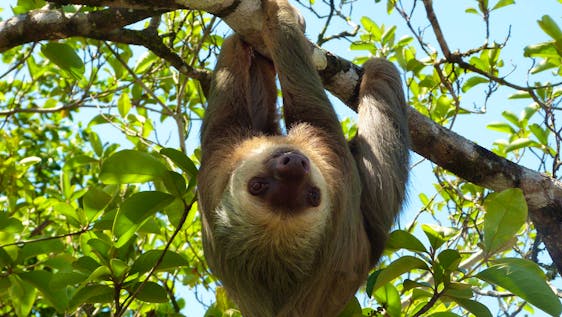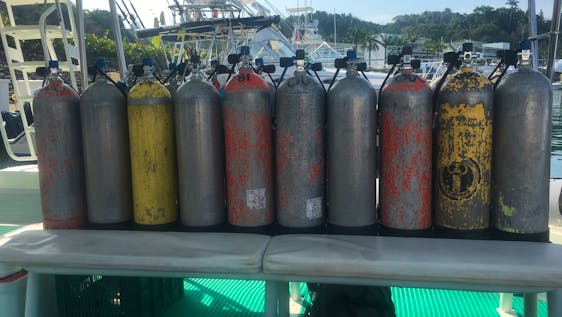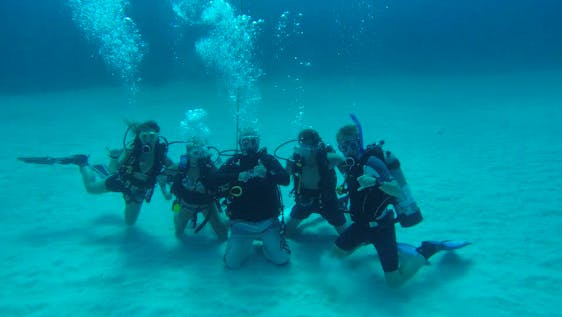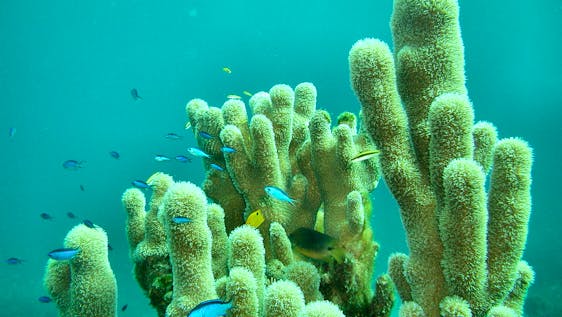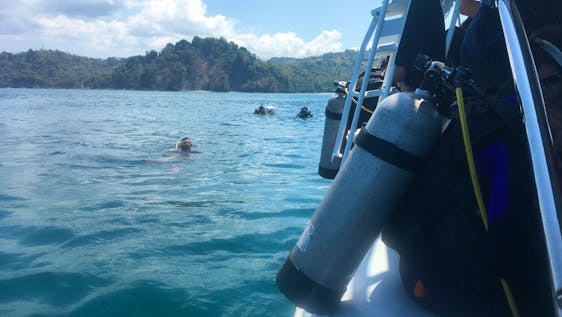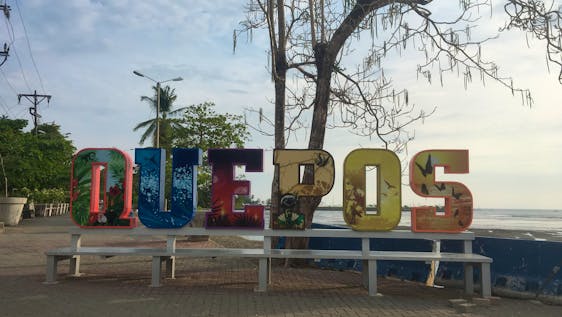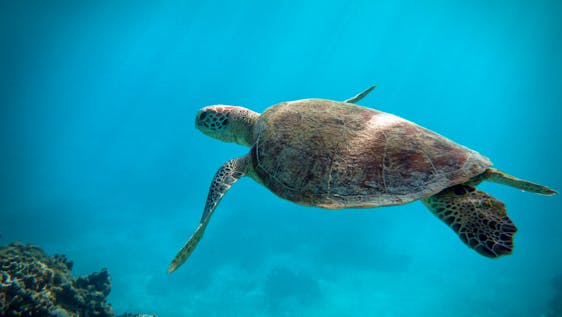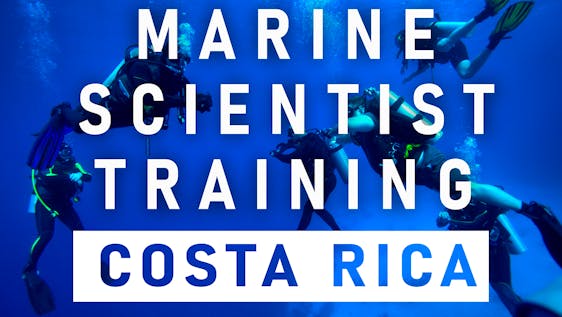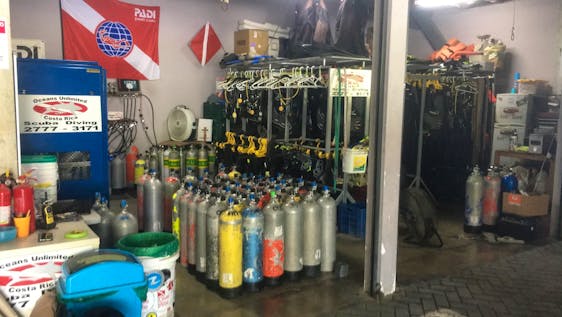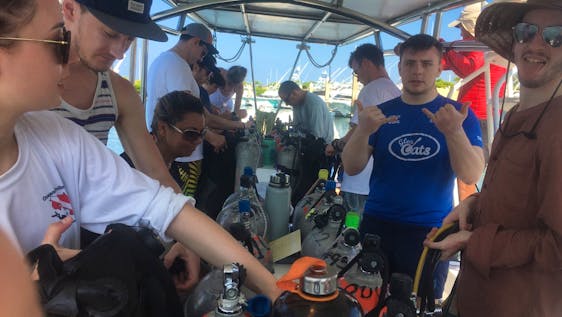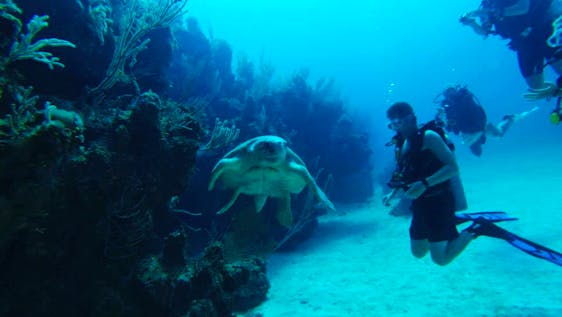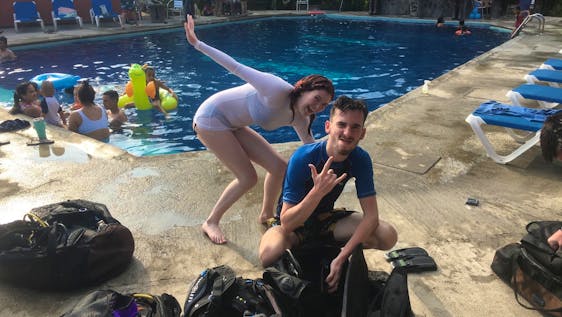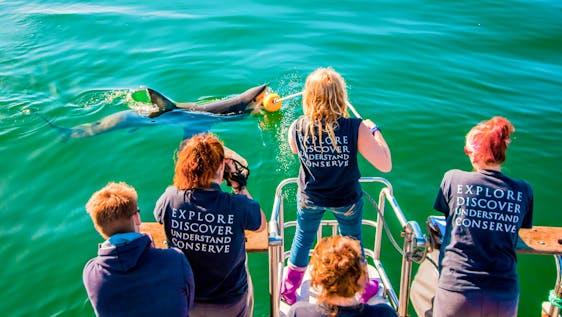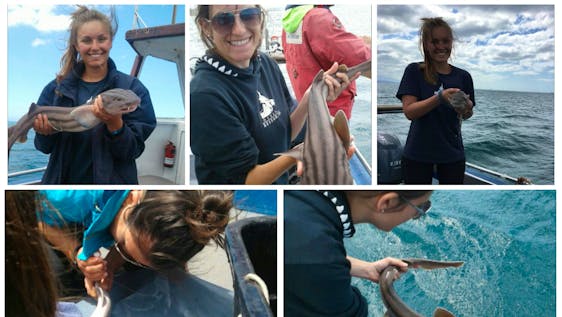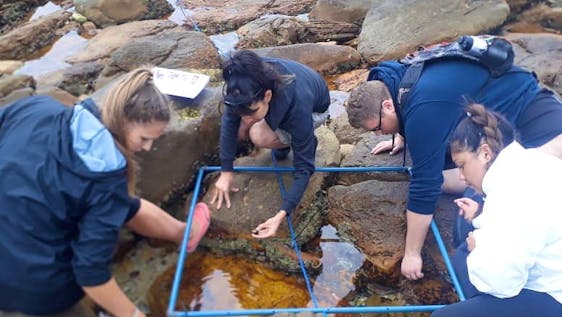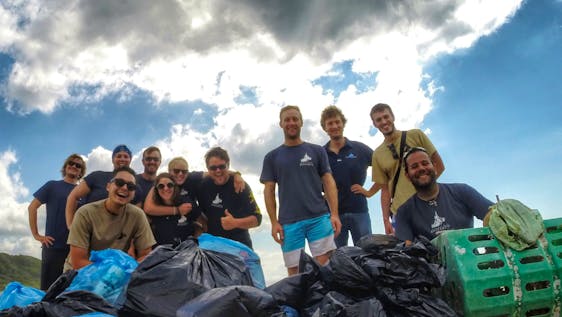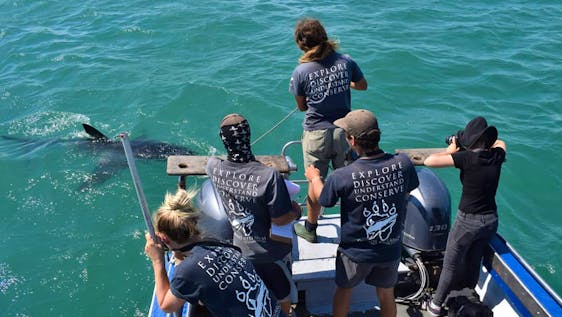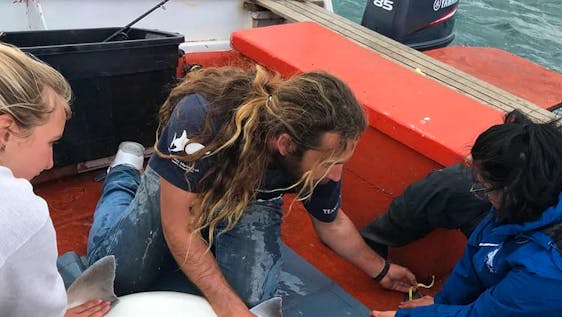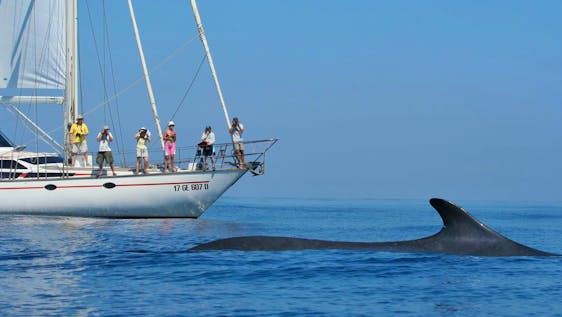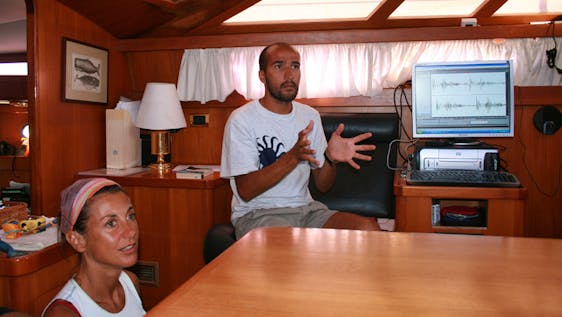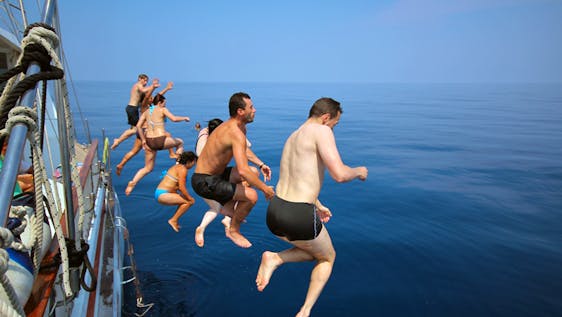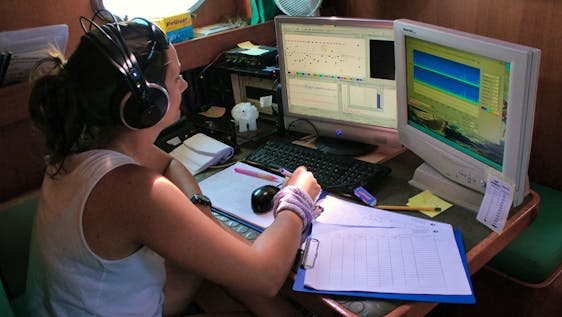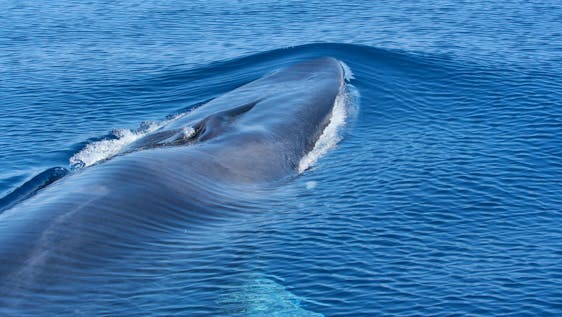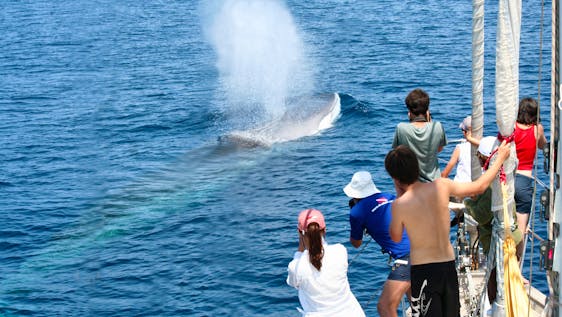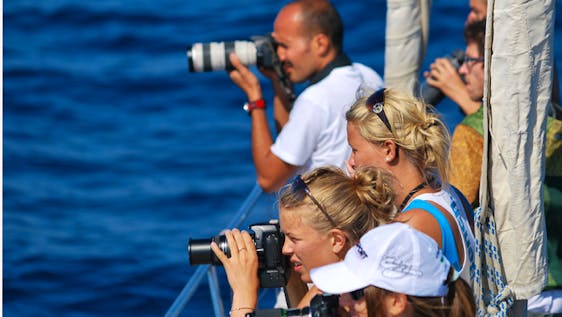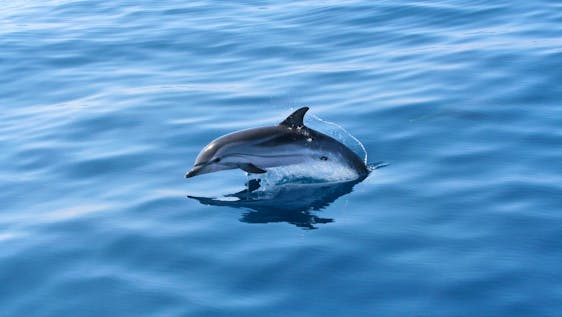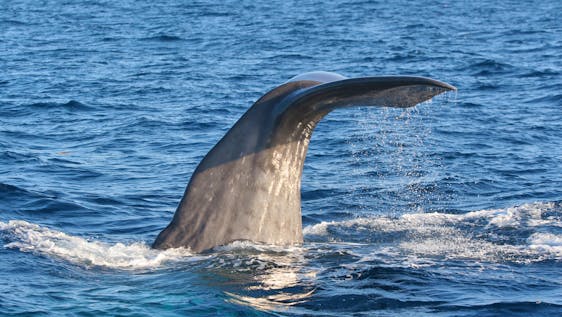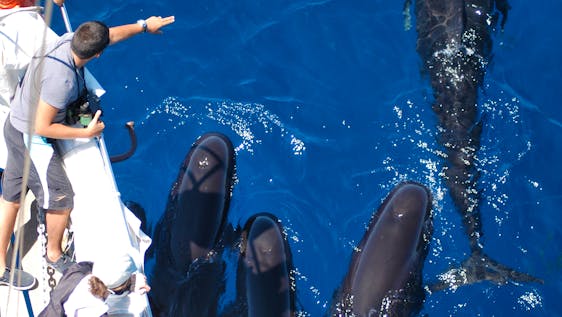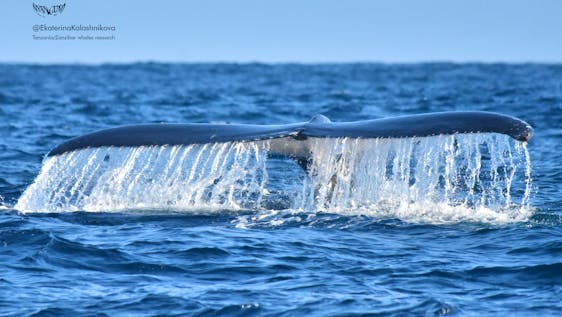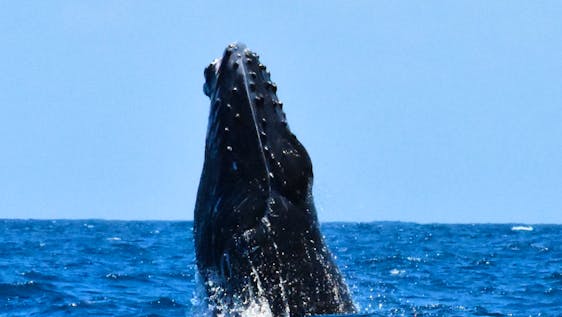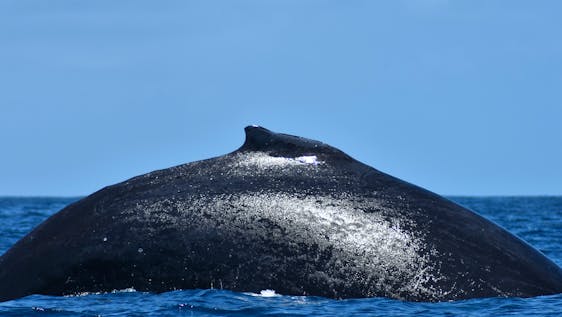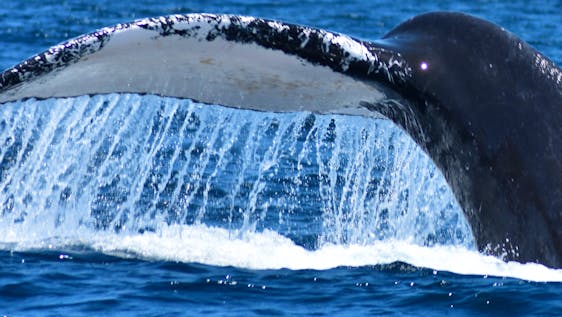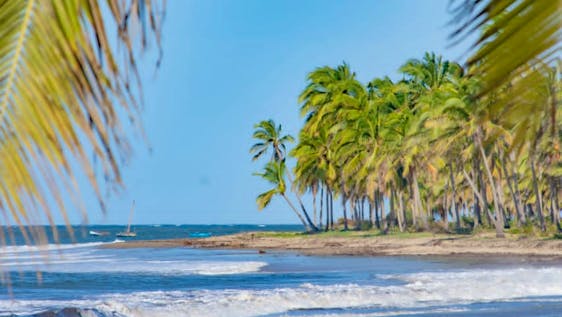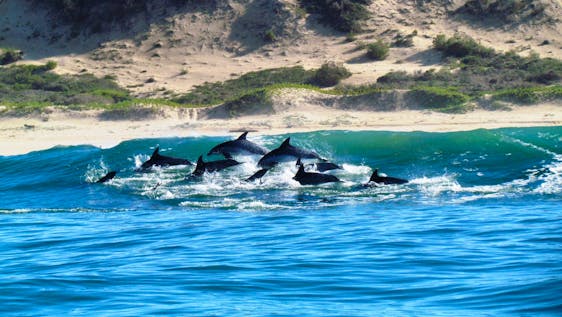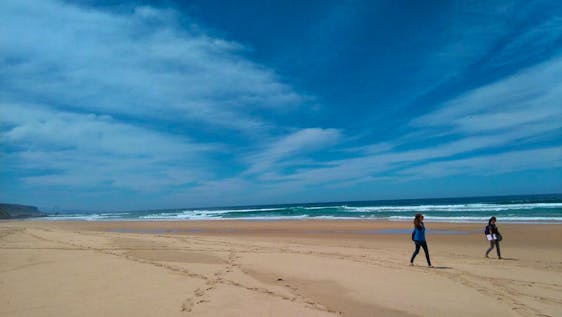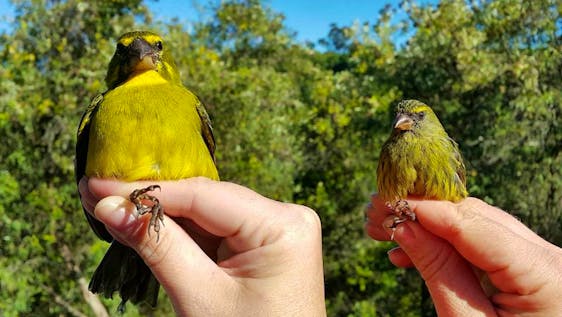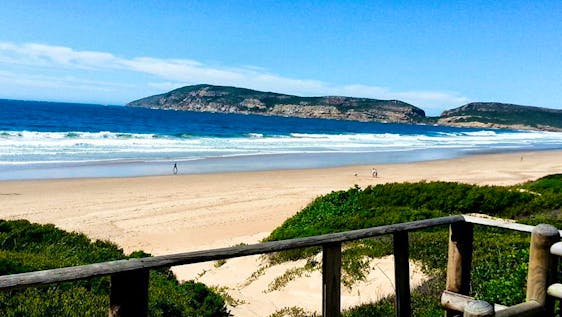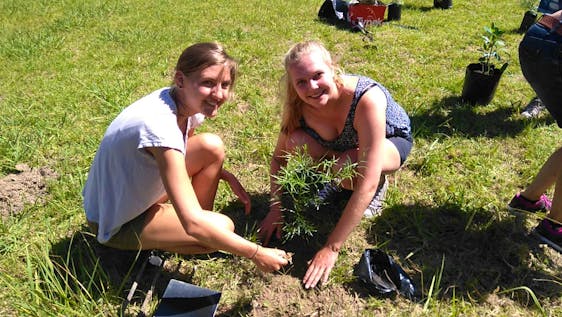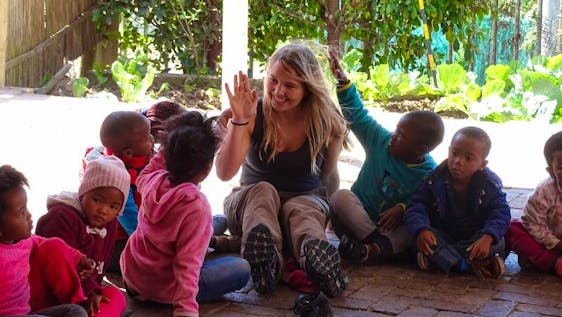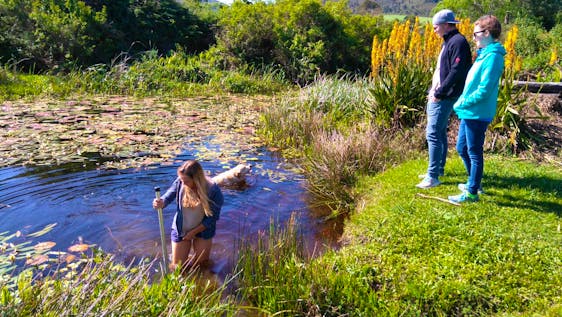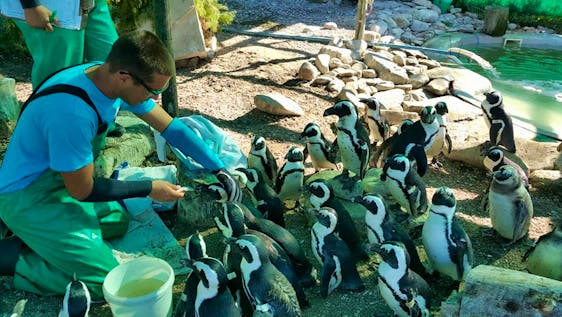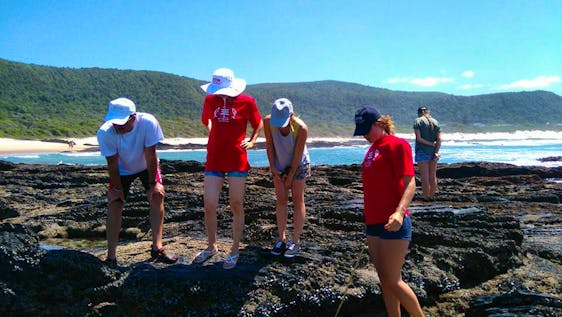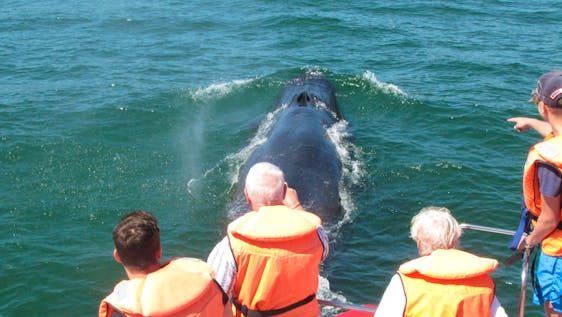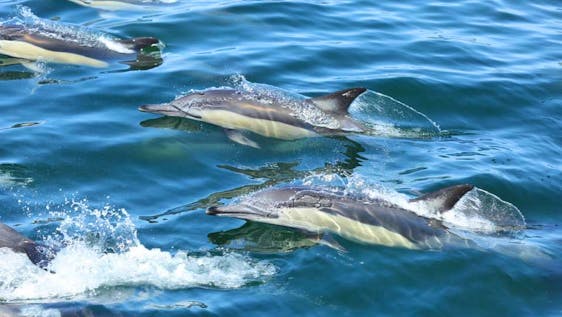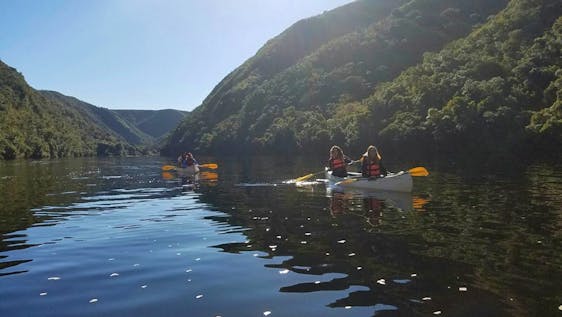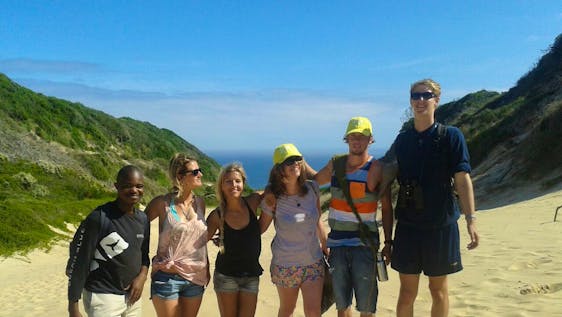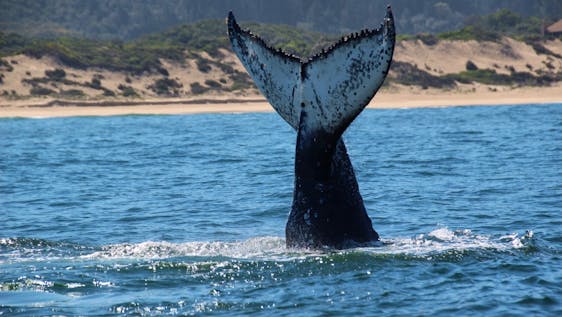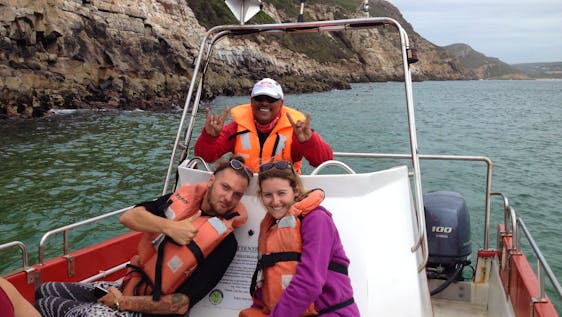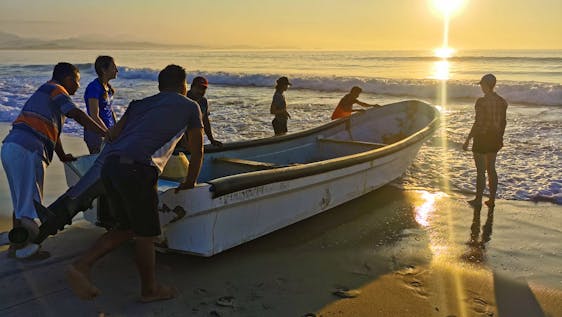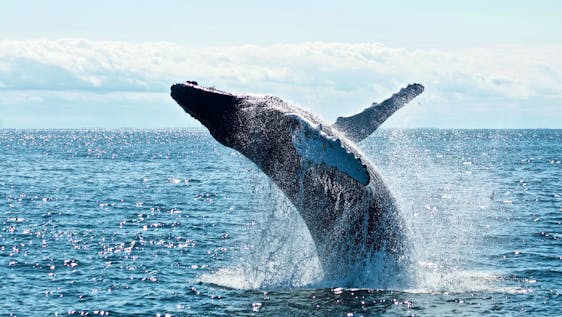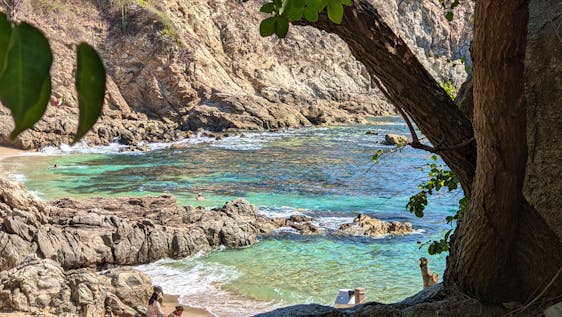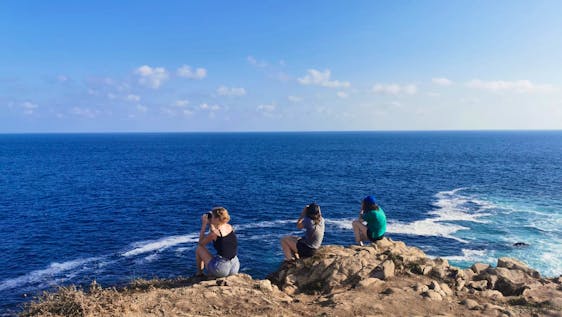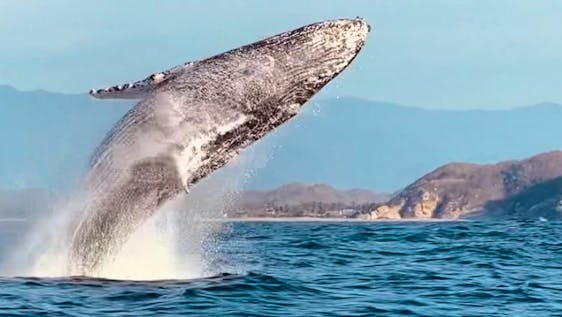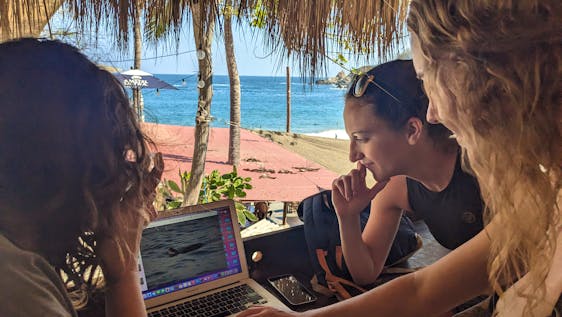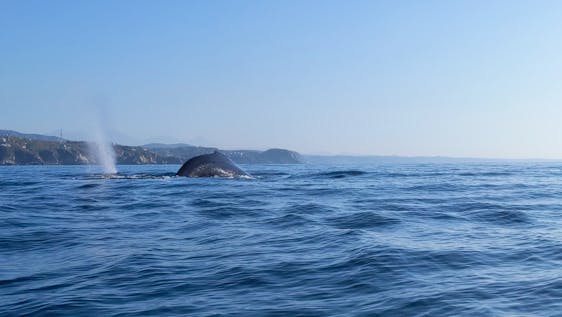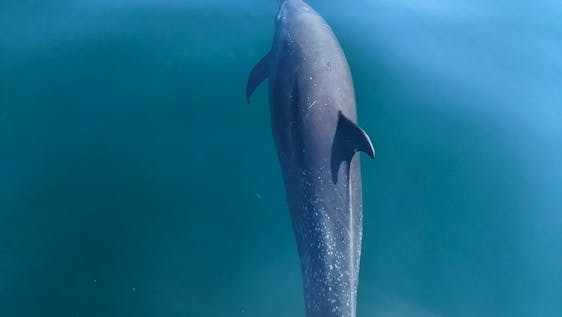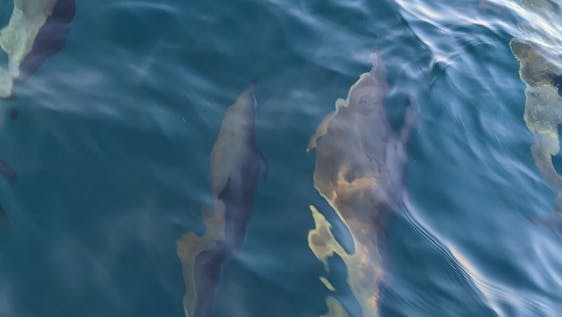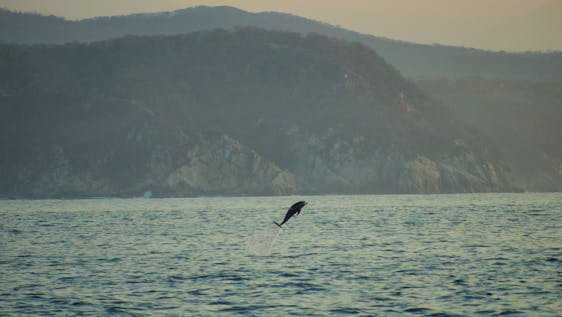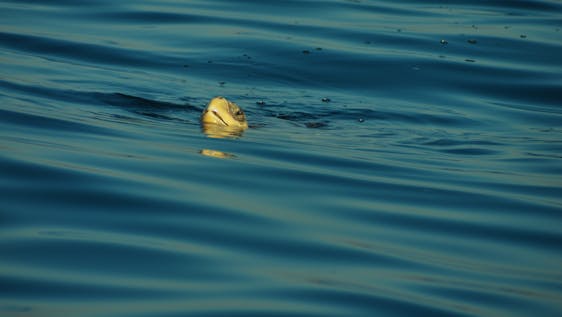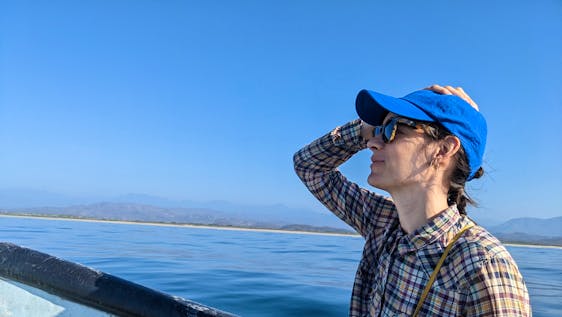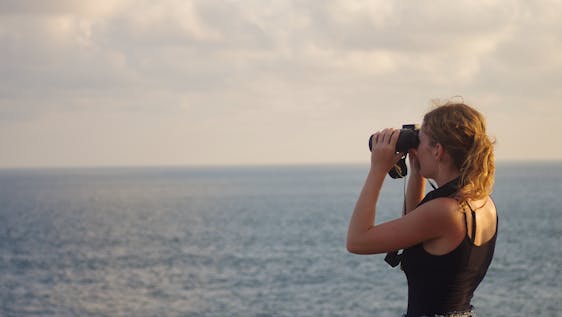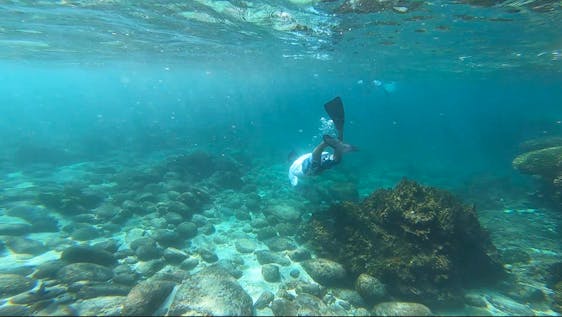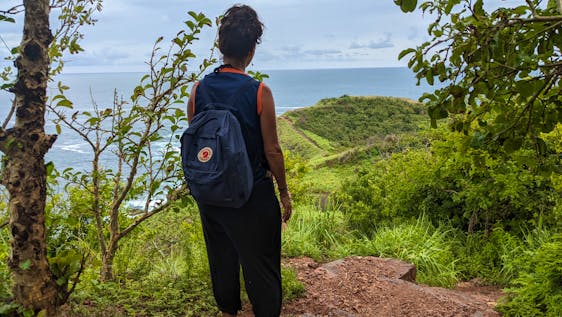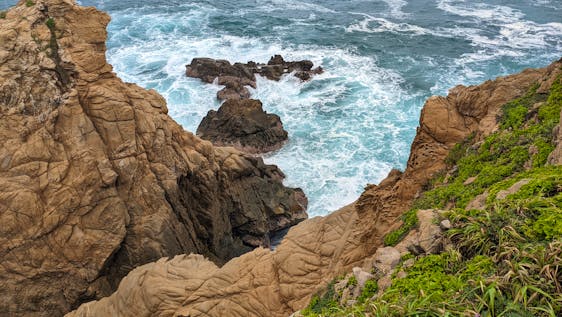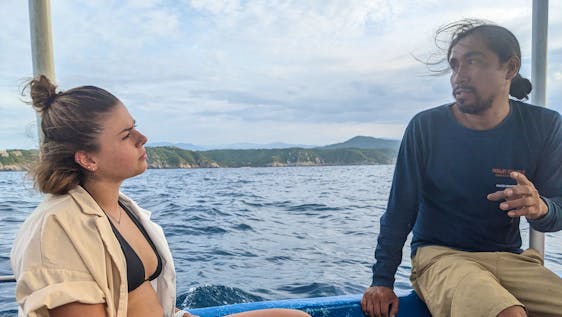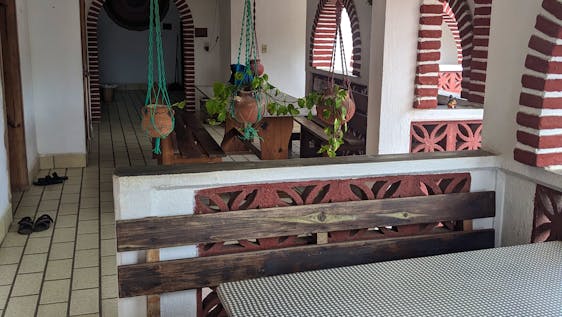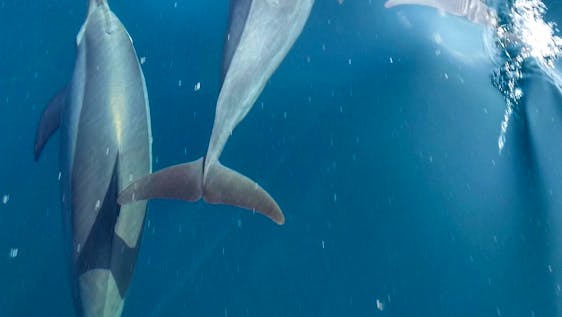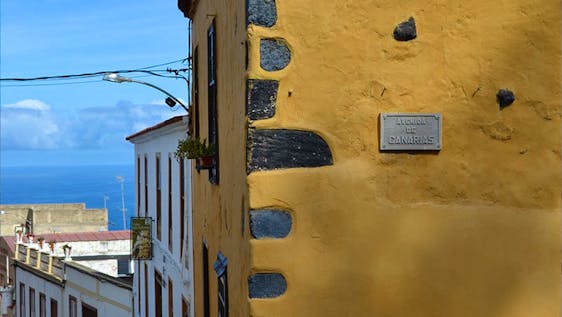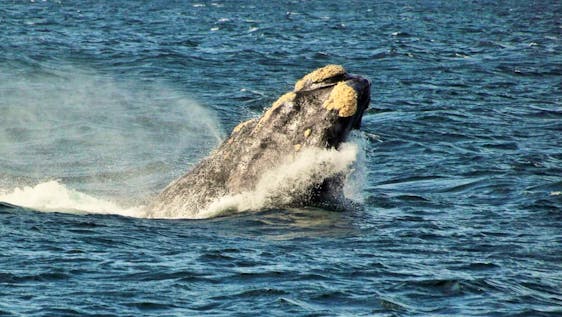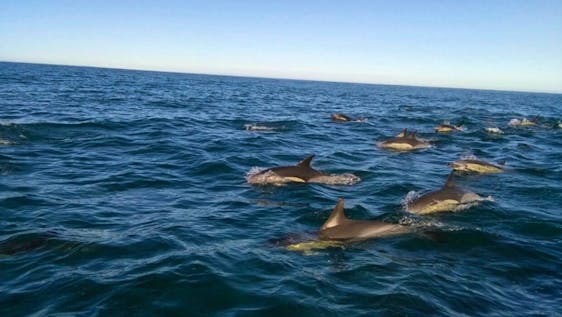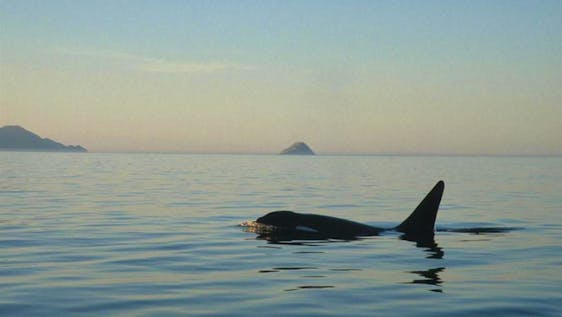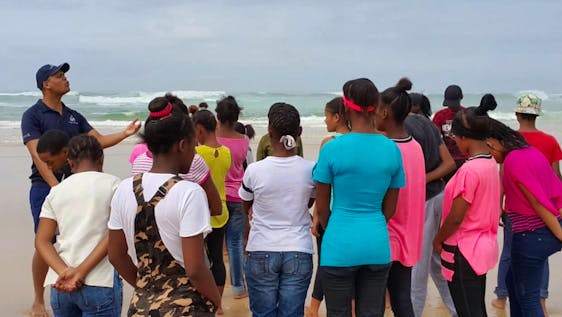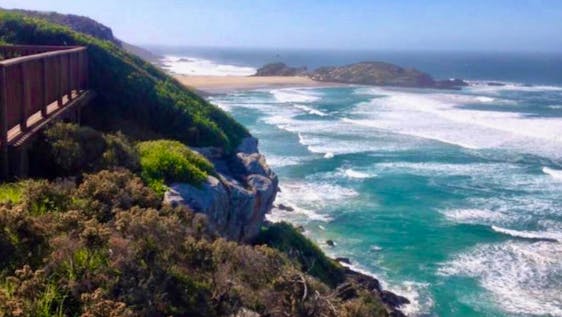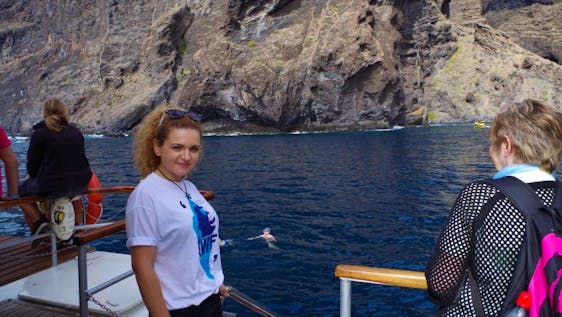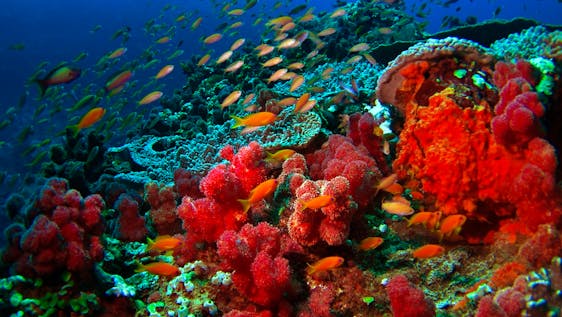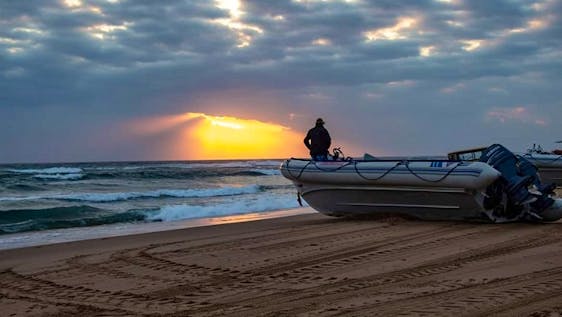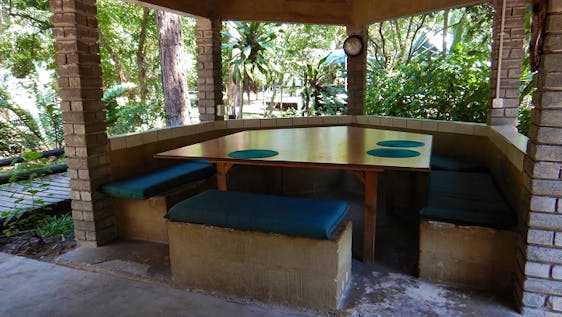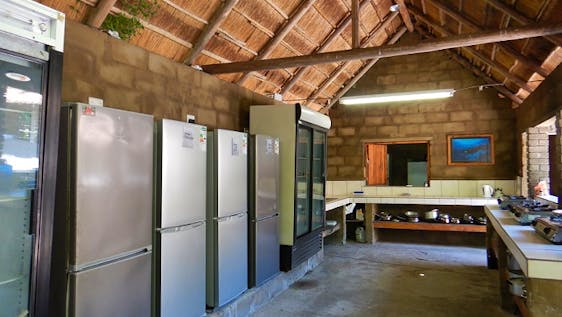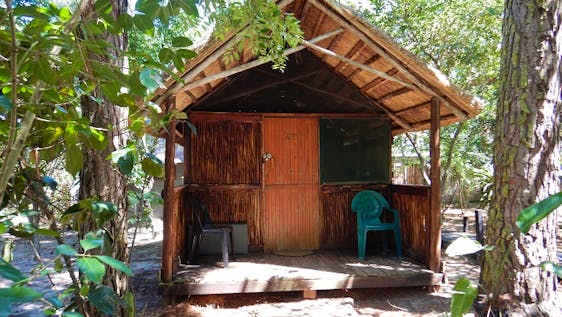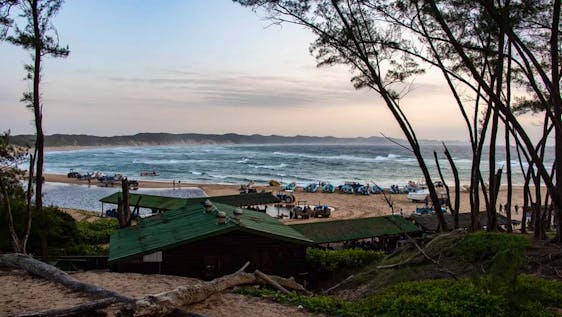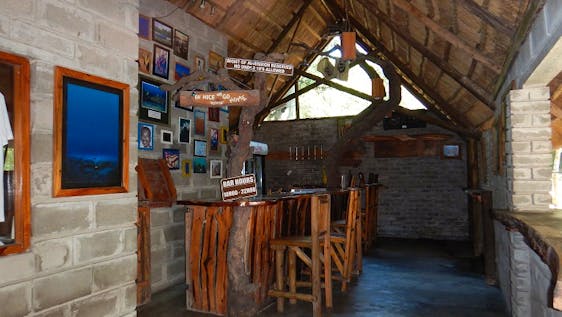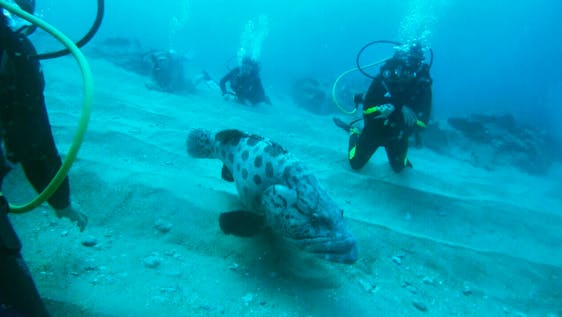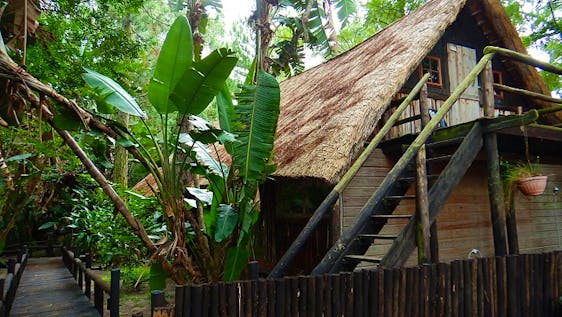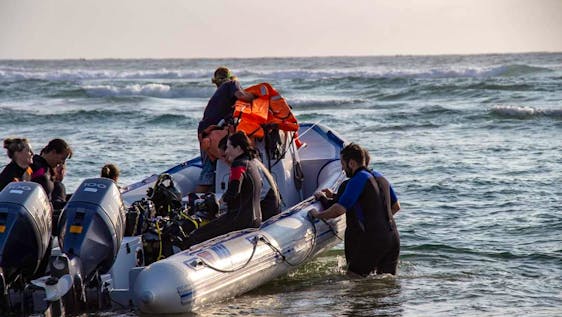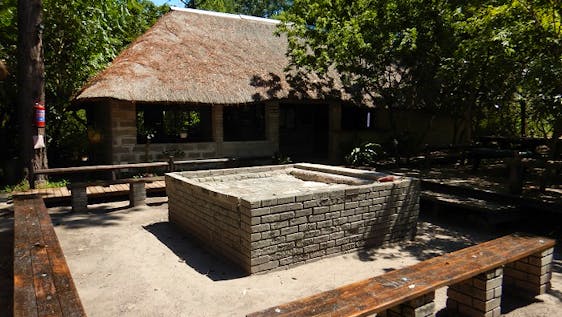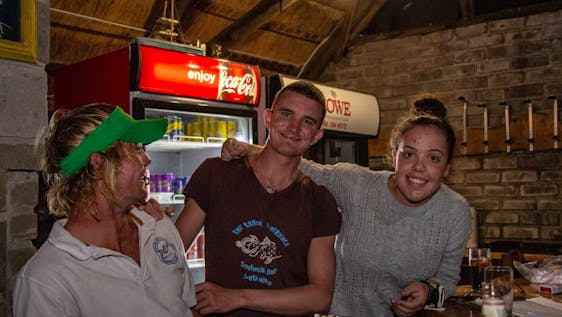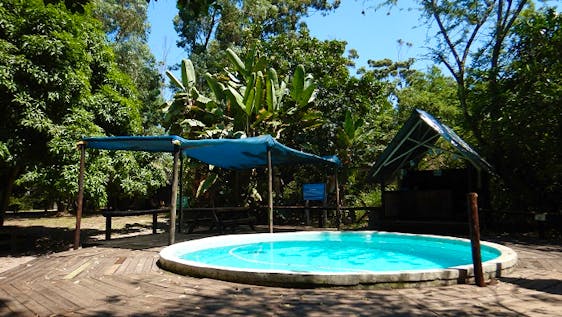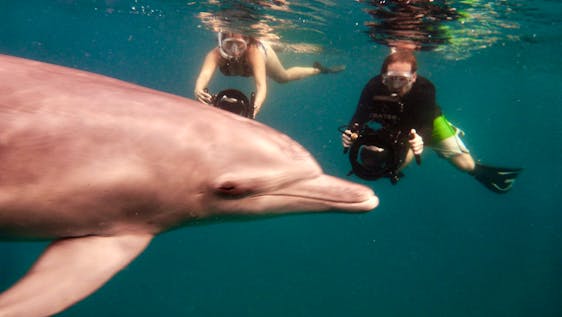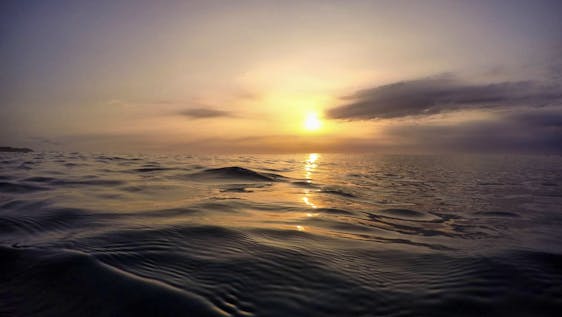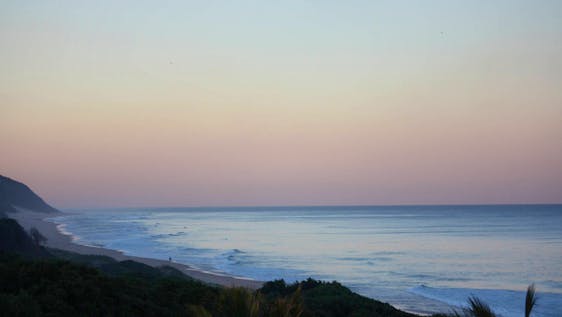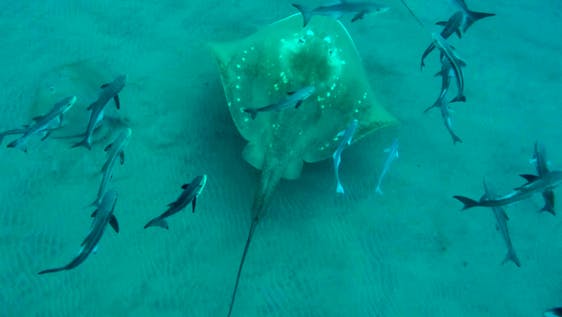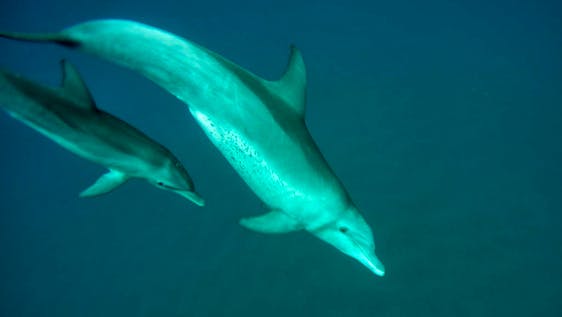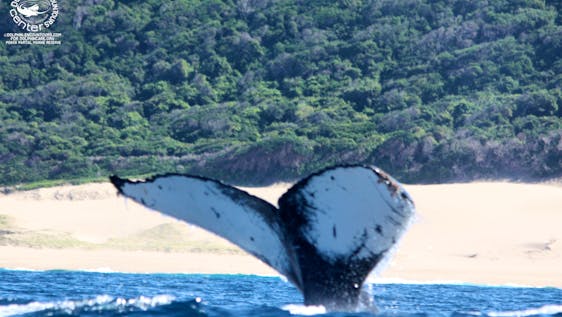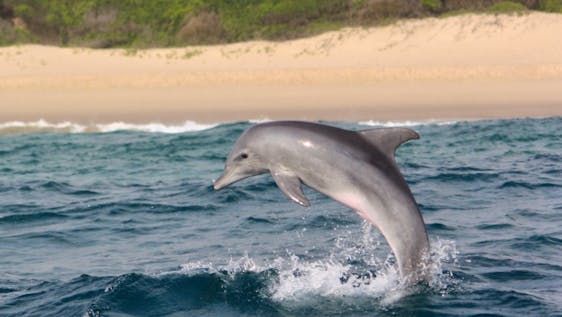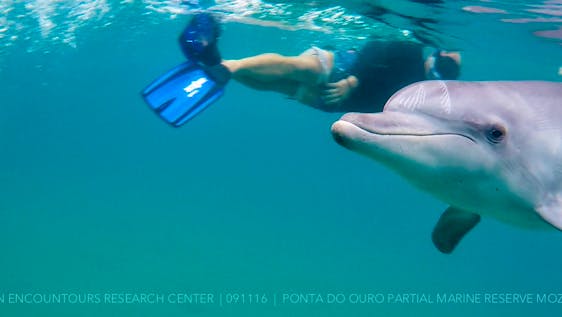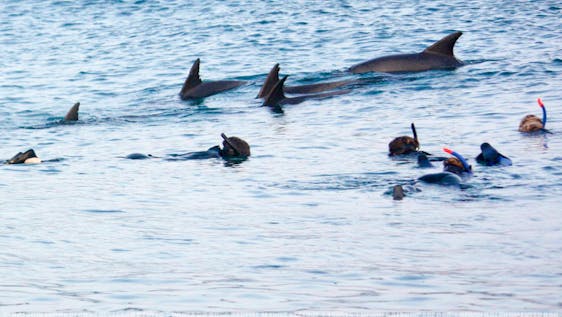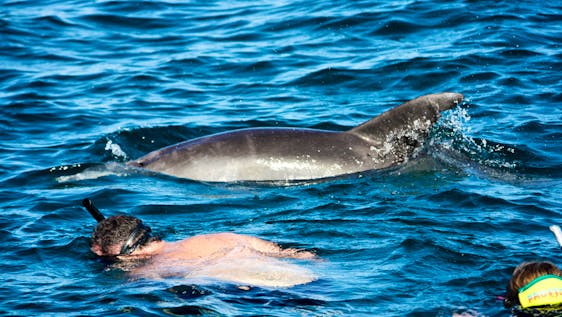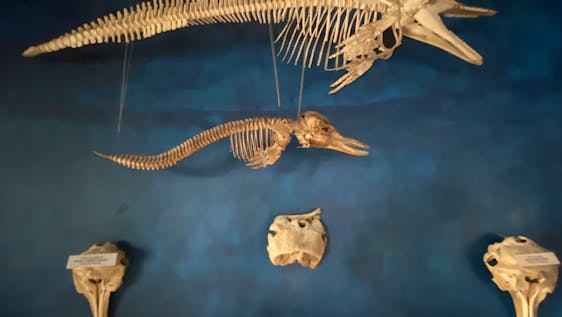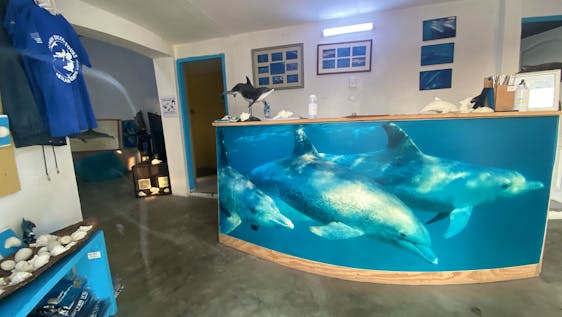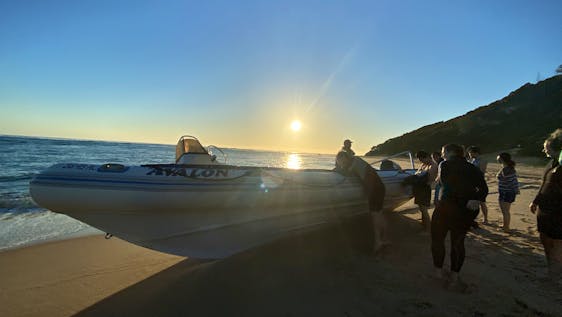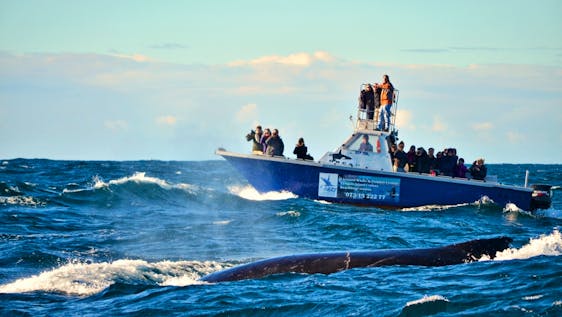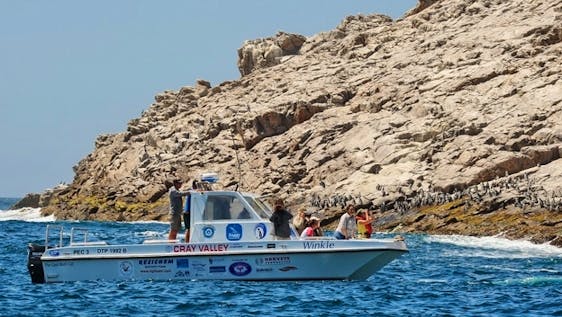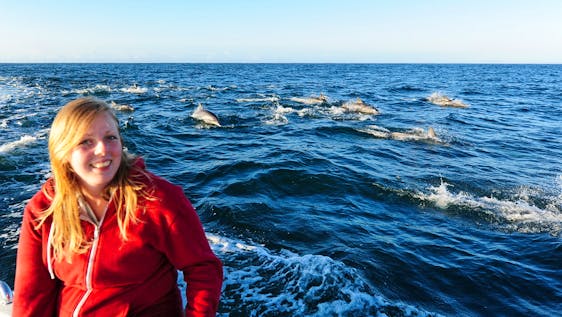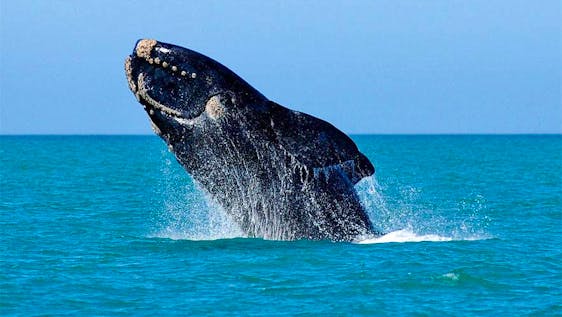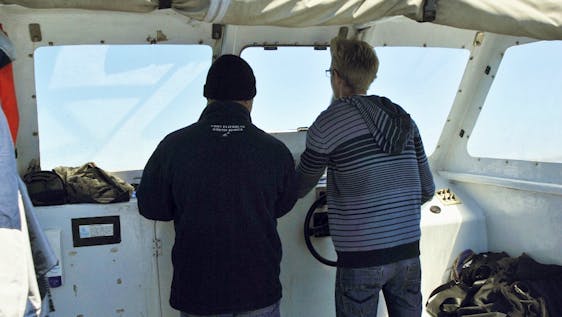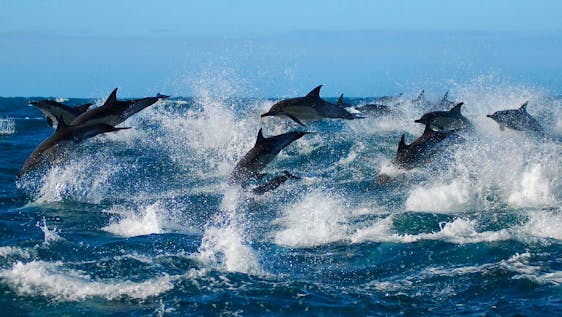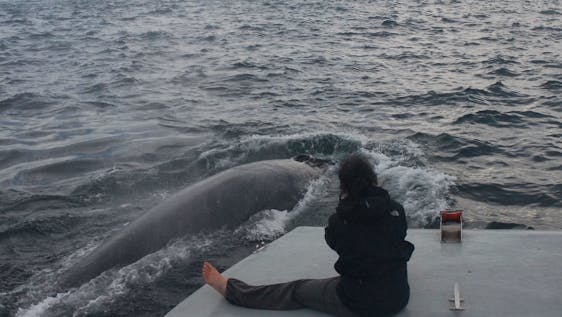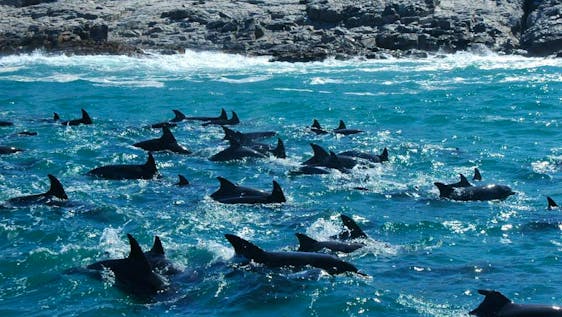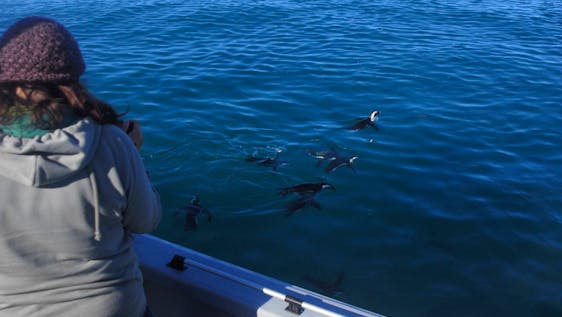Whale Conservation Volunteer
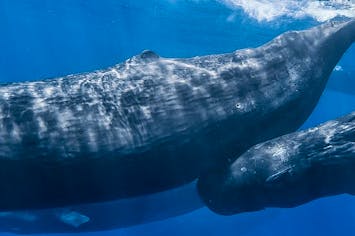
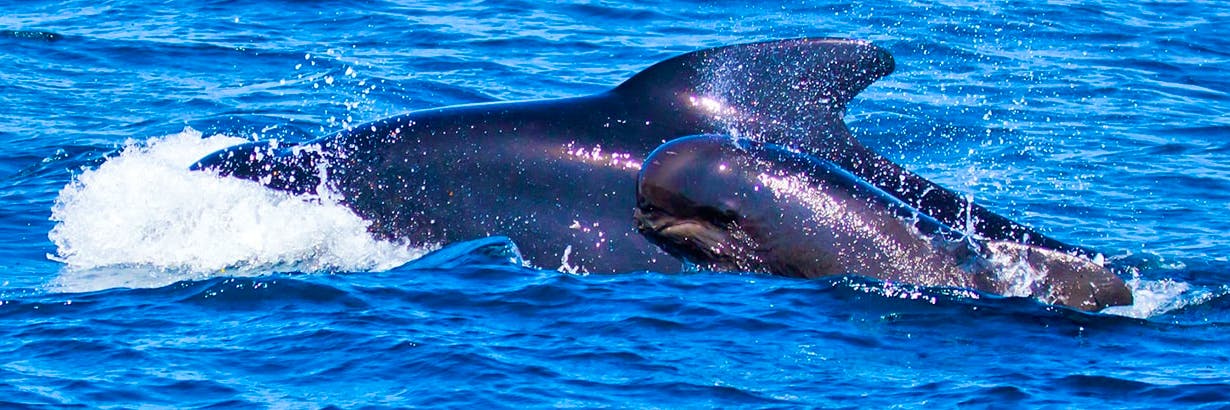
Volunteer Projects and Internships with Whales
Volunteers passionate about the ocean will undoubtedly know the largest mammal on our planet. Whales come in different shapes and sizes but are nearing extinction for several reasons. Those of you who are concerned about life in the ocean can volunteer for a whale conservation project. Help with research on these loners of the sea and observe their behavior. Keep track of their numbers to support future conservation efforts. Divers, snorkelers will be delighted as they immerse themselves in the underwater world. Volunteer for a whale conservation program abroad and witness some of the grandest species of the sea in Africa, Europe or the Caribbean are awaiting your help.
When we think of these massive sea creatures, we generally think of the orca and the blue whale. Orcas have sadly been used to entertain people in sea parks for decades while the blue whale is known as the largest mammal on the planet. There are plenty more species however and there may be a few facts you may not have known about them, so let’s get started:
- There are two main categories: Baleen and Toothed Whales.
- Baleen whales are much larger than toothed whales and have two blowholes instead of just one.
- Baleen whales don’t have teeth and filter their food through the baleen (the filter-feed system inside their mouth).
- Humans have killed over 2,8 million whales in the 20th century alone.
- They are mammals because they breathe air and nurse their young.
- They will drown if they are underwater for more than 30 minutes.
- They can suffer from sunburns.
- Whales feed almost solely on krill which are small shrimp-like crustaceans about an inch long.
Whale conservation status in 2025
According to the IUCN SSC Cetacean Specialist Group (CSG), 24 out of 92 cetacean species are considered endangered or vulnerable - thereof 5 out of 17 whale species. There are so many different species it’s difficult to keep track of each of them separately. For some species, there’s no recording of their population at all.
The two main categories are baleen and toothed whales. The main difference between these types is their size and manner of feeding. Baleen whales feed through the baleen while the toothed variant uses their teeth. Baleen whales are huge ranging from 6m to 34 m. Toothed whales are more moderate in size ranging from 1.4m to 20m. Did you know that dolphins are actually categorized as toothed whales?
The past has proven to be a difficult time for the baleen whale as they were hunted for commercial reasons. Early humans hunted them for food and oil but in the 19th and 20th century, whalebone became another reason they were so coveted. Whalebone was used for women’s corsets, buggy whips, and umbrella ribs. Nowadays, whalebone has been replaced by plastic.
Despite the 1986 IWC ban on commercial whaling, some countries refuse to end their whaling operations. Many baleen whale species remain depleted due to commercial whaling practices that are still ongoing in Japan, Norway, and Iceland.
Why are Whales endangered?
Although various efforts have been made in the past years to protect this humongous sea mammal, several species still remain endangered. Let’s take a closer look at some of the factors that are contributing to this:
Whaling
There are still countries that allow commercial whaling activities. This is affecting populations of certain whale species and will continue to contribute to their declining numbers if nothing changes.
Climate change
According to WWF, climate change has an impact on the whale species due to the rise of the sea temperature, freshening of seawater, the rise in sea level, the loss of polar habitat and the decline of krill populations which is their main source of food.
Fishing and entrapment in fishing gear
Whales are still frequent victims of bycatch during legal fishing activities. Although technology is improving, bycatch remains a huge threat.
Tourism and boat traffic
Increased coastal traffic for travel tourism purposes including diving, whale watching, and fishing poses a significant risk to the whale, the dolphin as well as other large sea animals as they can collide with the boat or the propellers causing serious injuries.
Marine debris and pollution
Garbage ranging from cans to plastic bags and bottles often end up in the sea posing a huge health threat as the marine life ingests toxic and indigestible trash. Marine pollution poses a huge threat nowadays affecting all species.
These are a few of the main reasons why these creatures are threatened. If you enjoy diving, are fascinated by the underwater world and eager to help, volunteer for a marine conservation program and work toward giving the giants of the ocean a better fighting chance.
What whale species are there?
There are around 12 species of whales with subspecies. The two main categories are the baleen whales and the toothed whales.
Baleen Whale
- Northern Right Whale
- Pygmy Right Whale
- Grey Whale
- Rorquals (Blue Whale, Fin Whale, Humpback Whale, etc)
Toothed Whales
- Sperm Whale
- White Whale
- Beaked Whale
- {Bottlenose Dolphins, Pilot Whales, and Killer Whale
- Porpoise
- River Dolphin
- Amazon River Dolphin
- Chinese River Dolphin
They all live in different parts of the world ranging from North and South America, Africa, Europe, Australia to Asia. Some are categorized as endangered while others are vulnerable. The most endangered species are the north Atlantic right whale. There may only be around 500 left. The humpback and blue whale are also nearing extinction with dwindling population numbers.
Best places to work with Whales
Volunteers eager to help contribute to whale and marine life conservation projects will be happy to hear they have a number of destinations abroad where they can fulfill valuable volunteer tasks. One thing is a given, the ocean will play the leading role during this experience. We hope you don’t get seasick and that you’re excited about diving and snorkeling. If this is the case, continue reading to find out which destinations are just a click away:
Caribbean
Volunteers eager to experience island life and witness some of the most exquisite sealife can head to the Dominican Republic and work toward protecting endangered sea life with a backdrop of palm trees and sandy beaches.
Europe
If you’re eager to do your volunteering in Europe, opt for a Greece or Spain island. Enjoy the beauty of the Mediterranean and contribute to conserving its unique ecosystem.
South Africa
Volunteers who are a fan of diving will get the chance to dive into some of the most fascinating locations on the planet. Most projects are located around the southern part of Africa which will give you access to the most remote nature.
How can I help to save Whales?
We can all play a role in increasing the survival chance for whales. By refraining from buying and consuming whale products, you are disabling the market which will discourage the hunt for whales in the future. Volunteers with more time on their hands, can join one of the whale conservation projects and help with tasks ranging from observational research to diving excursions to clean up the ocean. Travel abroad to the most exotic locations and donate your precious time to a marine conservation project. These are some tasks you will be spending your time on if you work for one of the whale conservation volunteer programs.
Your tasks as a volunteer
Are you ready to get close to the giants of the sea? Whether your project takes you to Europe, South Africa or the Caribbean, let’s look at some of the things you will be doing during your volunteer experience abroad:
- Observing the whales and in some cases the dolphin or other marine life
- ID photograph them and identify them
- Gather data on size, sex, and behavior
- Gain experience in marine research techniques and analysis
These tasks are related to research about the whale but it may be possible that whale volunteers also monitor other sea life animals like the dolphin and the coral reef during this experience. Each project has a different emphasis. Some programs will focus mainly on research while others will have a greater emphasis on the environmental impact.
Some whale projects also offer the opportunity to teach the local community during the program. Providing people with an education on the topic is an excellent way to protect whales toward the future. This is also a great opportunity to connect with the local community and bring across the message that they also play an important part in the conservation of marine life.
5 benefits of volunteering with Whales
Being the loners that they are and preferring a life in solitude, spotting whales is an incredible experience in itself. You will be contributing to the conservation of the largest creature on our planet which is slowly nearing extinction. Besides contributing to the environment and indulging in the best diving experience ever, let’s take a look at what the benefits your volunteer adventure will have in store for you.
Learning Opportunities
Not only will you learn more about the whale during the project but you will become more aware of their environment. You will get hands-on experience in conservation, research, and observation. The volunteer program will give you opportunities to do valuable research and it will also bring you in touch with the local community. This will be a wonderful opportunity and time for cultural interchange. Volunteers pursuing an education in zoology will learn a great deal during this experience.
People
Besides the local community, you will also connect with other volunteers who have the same goal as you and similar interests. Rest assured that you will make meaningful connections with those who share your love for marine life.
Travel
If you’re an adventurer and love to travel, nothing will stop you from discovering your surroundings. There are several projects available with excellent destinations. Africa, Europe or the Caribbean are within your reach. Grasp this chance to explore and discover the world that lies beneath the surface.
Experiences
Volunteering is a brilliant way to expand your perspective of the world. Issues that seemed huge problems before, may seem trivial after your whale volunteer experience. Life experiences like this provide valuable baggage that can prove helpful in the future. Volunteer and witness how you become a stronger individual.
Health Improvements
Multiple research has demonstrated that volunteering leads to better health and a healthier state of mind. Those who volunteer have lower mortality rates, function better and suffer less from depression later in life. Volunteer with whales and experience the satisfaction of knowing you are helping an endangered species. Volunteer abroad and see what it does for your health and happiness!
Volunteering for one of the whale conservation projects will teach you a great deal more about the habits of this massive marine animal. You will learn about the environment and the culture of your destination too. Whether you opt to volunteer for one of the projects in Africa, Europe or the Caribbean, you will reap the benefits for years to come.
 Dolphin Conservation
Dolphin Conservation
 Activities
Activities
 Waste Reduction
Waste Reduction
 Shark Conservation
Shark Conservation
 Bottlenose Dolphin
Bottlenose Dolphin
 Humpback Whale
Humpback Whale
 Diving
Diving
 Animal
Animal
 Marine Life
Marine Life
 Diving certificate
Diving certificate
 Blue Whale
Blue Whale
 Africa
Africa
 Southern Europe
Southern Europe
 Europe
Europe
 Ocean Cleaning
Ocean Cleaning
 Southern Africa
Southern Africa
 South Africa
South Africa
 Great White Shark
Great White Shark
 Southern Right Whale
Southern Right Whale
 Penguin Conservation
Penguin Conservation
 Marine Conservation
Marine Conservation
 Environment
Environment
 Mako Shark
Mako Shark
 Common Dolphin
Common Dolphin
 Hotspots
Hotspots
 Plastic Reduction
Plastic Reduction
 Spain
Spain
 Tenerife
Tenerife
 Sea Turtle Conservation
Sea Turtle Conservation
 Beach Cleaning
Beach Cleaning
 Snorkeling
Snorkeling
 Coral Reef
Coral Reef
 Greece
Greece
 Eastern Africa
Eastern Africa
 Ray Conservation
Ray Conservation
 Manta Ray
Manta Ray
 Green Sea Turtle
Green Sea Turtle
 Hawksbill Turtle
Hawksbill Turtle
 Mozambique
Mozambique
 Whale Shark
Whale Shark
 Leatherback Turtle
Leatherback Turtle
 Yoga
Yoga
 Loggerhead Turtle
Loggerhead Turtle
 Leopard Shark
Leopard Shark
 Americas
Americas
 Central America
Central America
 PADI Divemaster
PADI Divemaster
 Costa Rica
Costa Rica
 Premium
Premium
 Sperm Whale
Sperm Whale
 Vegan
Vegan
 Pilot Whales
Pilot Whales
 Italy
Italy
 Tanzania
Tanzania
 Orca
Orca
 Volunteer and Travel
Volunteer and Travel
 Plettenberg Bay
Plettenberg Bay
 Voluntourism
Voluntourism
 Mexico
Mexico
 Indonesia
Indonesia
 Asia
Asia
 Dugong
Dugong
 South East Asia
South East Asia
 Olive Ridley Turtle
Olive Ridley Turtle
 Raja Ampat
Raja Ampat
 Safari
Safari
 Blacktip Reef Shark
Blacktip Reef Shark
 Wildlife Conservation
Wildlife Conservation
 Port Elizabeth
Port Elizabeth
